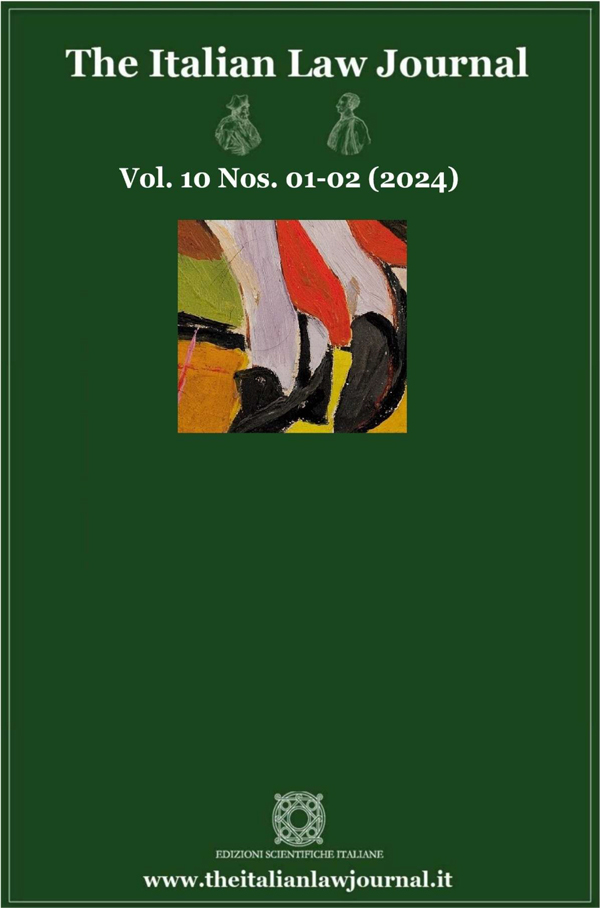SPECIAL ISSUE Hybridizations, Contaminations, Triangulations: edited by Giorgio F. Colombo Indirect Discrimination in Japanese Law: by Michela Riminucci In Japan, the equality principle is embodied in Art 14, para 1, of the Constitution, according to which all citizens are equal under the law and cannot be discriminated against on grounds of race, creed, sex, social status or family origin, in political, economic or social relations. As a corollary, Art 3 and Art 4 of the Labor Standards Act establish the principle of equal treatment. However, these principles are just a dead letter unless the State commits to implement them. Therefore, the aims of this paper are twofold: first, to clarify the content and application of anti-discrimination legislation in Japan, taking into consideration the criticism by external observers; second, to evaluate the effectiveness of the most recent reforms, including the one on indirect discrimination.
Itineraries in Comparative Law Through the Legal Systems of Italy and Japan
A European Perspective




























